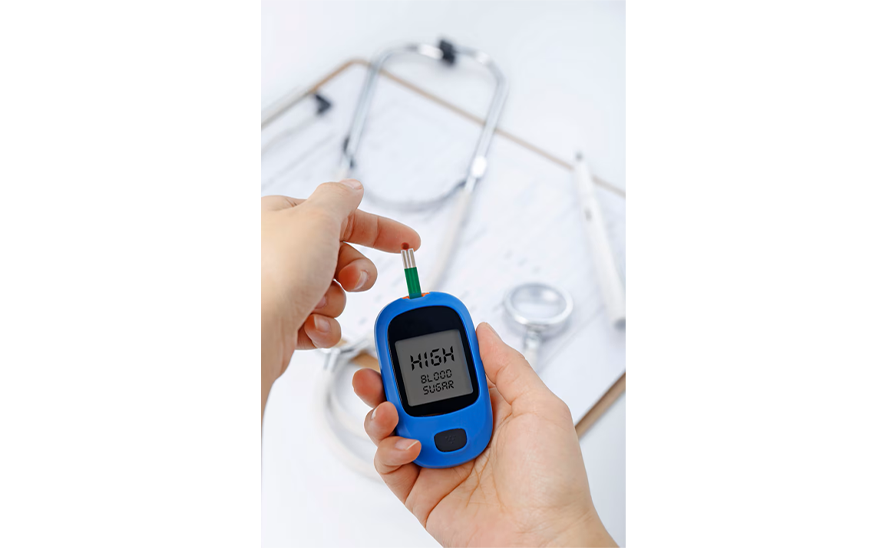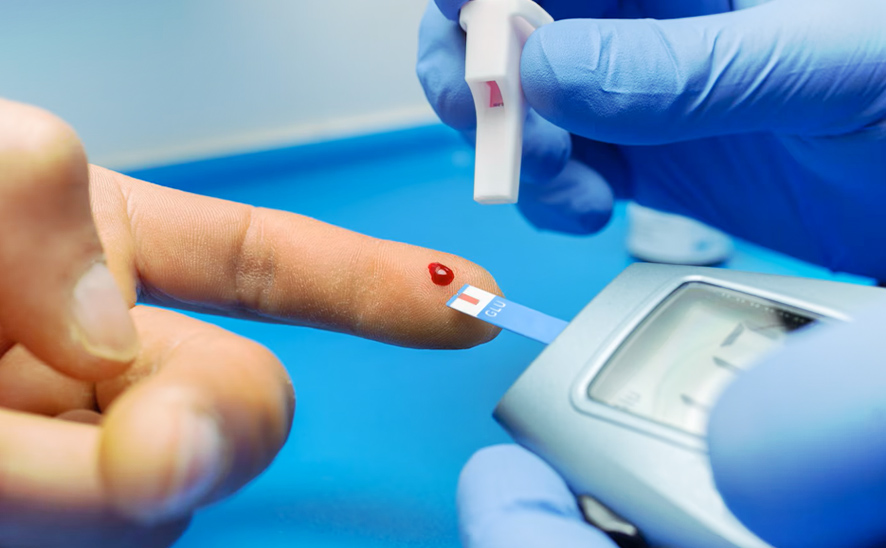Insulin Resistance

Insulin resistance is the pivotal pathogenic component of many metabolic diseases, including type 2 diabetes mellitus, and is defined as a state of reduced responsiveness of insulin-targeting tissues to physiological levels of insulin.
Insulin is produced by the pancreas and is crucial for regulating blood sugar levels. It helps cells in the muscles, fat, and liver absorb glucose from the bloodstream to use for energy or to store for future use.
Here’s how insulin resistance develops and its implications:
- Mechanism of Insulin Resistance:
- In a healthy individual, insulin binds to receptors on the surface of cells, triggering a series of reactions that allow glucose to enter the cells.
- In insulin resistance, the cells fail to respond effectively to insulin. This means that even though insulin is present, glucose uptake by the cells is impaired.
- Compensation by the Pancreas:
- To compensate for the reduced effectiveness of insulin, the pancreas produces more insulin. This leads to higher levels of insulin in the blood, a condition known as hyperinsulinemia.
- Impact on Blood Sugar Levels:
- Initially, the increased insulin production can maintain normal blood glucose levels. However, over time, the pancreas may struggle to keep up with the body’s increased demand for insulin, leading to elevated blood glucose levels.
- This can eventually result in prediabetes and type 2 diabetes.

Insulin resistance can potentially be managed with the help of certain dietary supplements, though they should be used in conjunction with lifestyle changes such as diet and exercise, and under the guidance of a healthcare professional. Here are some supplements that have been studied for their potential to improve insulin sensitivity:
- Omega-3 Yağ Asitleri:
- Found in fish oil, these fatty acids may help reduce inflammation and improve insulin sensitivity.
- Magnesium:
- Magnesium plays a role in glucose metabolism and many people with insulin resistance are found to be deficient in it. Supplementation can help improve insulin sensitivity.
- Chromium:
- Chromium is essential for carbohydrate and lipid metabolism and helps improve insulin action. Chromium picolinate is the most commonly studied form.
- Alpha-Lipoic Acid (ALA):
- ALA is an antioxidant that can help reduce oxidative stress and improve insulin sensitivity.
- Berberine:
- Berberine, a compound found in several plants, has been shown to help lower blood glucose levels and improve insulin sensitivity, with effects similar to the diabetes medication metformin.
- D vitamini:
- Low levels of vitamin D have been associated with insulin resistance. Supplementation may help improve insulin sensitivity, particularly in those who are deficient.
- Cinnamon:
- Some studies suggest that cinnamon may help lower blood glucose levels and improve insulin sensitivity.
- Probiotics:
- Probiotics can help improve gut health, which in turn can positively influence insulin sensitivity.
- Resveratrol:
- This compound, found in red wine and grapes, has been shown to improve insulin sensitivity and reduce inflammation.
- Coenzyme Q10 (CoQ10):
- CoQ10 is an antioxidant that may help improve mitochondrial function and insulin sensitivity.

Lee SH, Park SY, Choi CS. Insulin Resistance: From Mechanisms to Therapeutic Strategies. Diabetes Metab J. 2022 Jan;46(1):15-37. doi: 10.4093/dmj.2021.0280. Epub 2021 Dec 30. PMID: 34965646; PMCID: PMC8831809.
Mastrototaro L, Roden M. Insulin resistance and insulin sensitizing agents. Metabolism. 2021 Dec;125:154892. doi: 10.1016/j.metabol.2021.154892. Epub 2021 Sep 23. PMID: 34563556.
Kosmas CE, Bousvarou MD, Kostara CE, Papakonstantinou EJ, Salamou E, Guzman E. Insulin resistance and cardiovascular disease. J Int Med Res. 2023 Mar;51(3):3000605231164548. doi: 10.1177/03000605231164548. PMID: 36994866; PMCID: PMC10069006.









